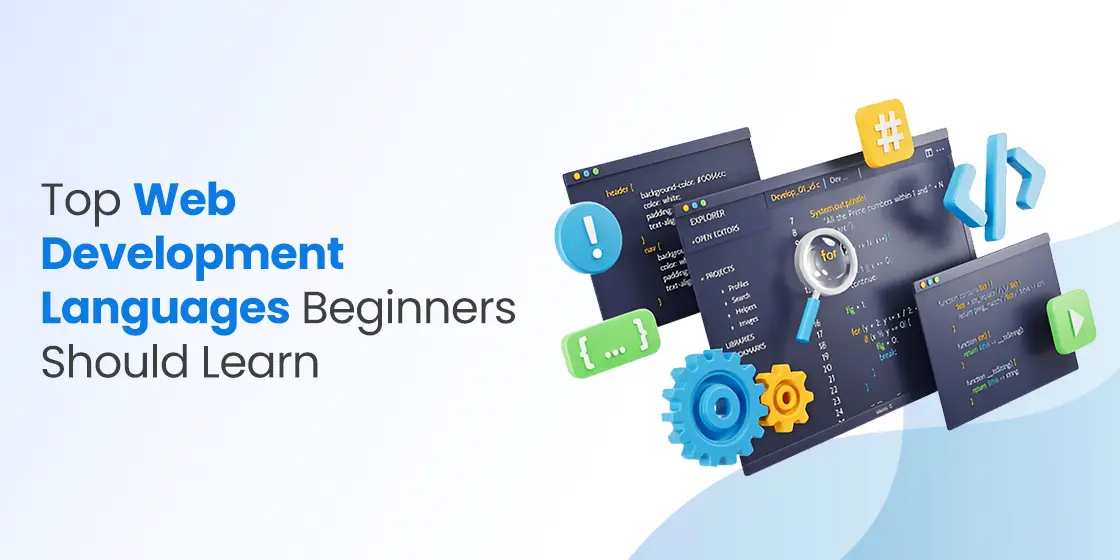Table of Content
A Curated List of Best Web Programming Languages for Beginners
Web programming has emerged as a highly rewarding field globally. It presents individuals with the chance to earn well by developing sophisticated applications for both web and desktop platforms. This potential has led to a significant rise in freelancing within web programming over recent years. As a result, many young people are motivated to pursue various web programming languages with serious commitment. They recognize that mastering these skills can open up substantial income opportunities when approached with genuine enthusiasm and dedication.
It’s also important to understand that web programming languages are constantly evolving over time. Beginners, in particular, often wonder which languages they should prioritize to improve their learning experience. This question doesn’t have a simple answer, as the field includes a wide range of programming languages, each offering unique advantages. These languages enable developers to deliver web solutions tailored to specific project needs, depending on the tools and technologies most suitable for the task at hand.
In this ever-changing landscape, choosing the right programming language depends largely on one’s goals, interests, and the demands of the job market. By staying updated with trends, aspiring developers can offer top-notch web development services to the clients. In this blog, we will enlist some of the top web development languages that are used by many professionals in the industry. Let’s start from the basics understanding why web development has become a highly lucrative field in the world.
Rising Demand of Web Development

The demand for web development has seen significant growth in the business world due to the increasing reliance on digital presence. As consumers turn to the internet, businesses of all sizes recognize the necessity of having a professional and functional website. A well-designed website not only enhances visibility but also builds credibility, allowing companies to compete more effectively in crowded markets. This shift has created a surge in demand for skilled web developers who can create responsive, user-friendly, and secure online platforms.
In addition to visibility, businesses are leveraging WordPress website development to streamline operations and improve customer engagement. From ecommerce platforms to content management portals, web applications are being integrated into core business processes. Companies are now looking for custom solutions tailored to their unique needs. The rise of mobile-first design and integration with cloud services has also expanded the scope of web development, making it a vital part of digital strategy.
Moreover, the competitive nature of modern business pushes companies to innovate continuously, which includes maintaining and upgrading their digital assets. As a result, web development is no longer seen as a one-time task but as an ongoing requirement. Businesses need experts to optimize performance, implement new features, and ensure security against evolving threats. This ongoing need for digital adaptability ensures that web development remains a high-priority investment for many businesses.
Best Web Development Languages for Beginners
There are dozens of programming languages available in the industry. However, beginners should not pay attention to all of them at the start. Instead, they need to focus on those languages that are easy to learn, as well as to quick to start with. Let’s take a look at some of them below.
Python
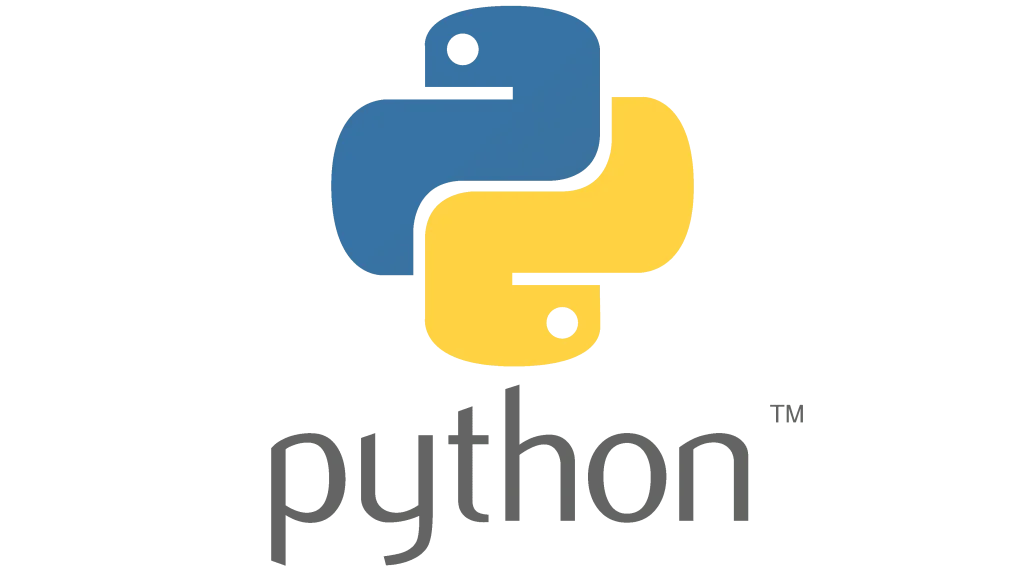
Python has earned widespread recognition in the tech industry as a cutting-edge programming language. Its simplicity, and versatility make it an ideal choice for both beginners and experienced developers. Python supports the creation of a wide range of web applications. One of its major strengths lies in its robust ecosystem of frameworks, such as Django and Flask. Additionally, Python’s strong integration capabilities with other technologies make it a powerful tool for full-stack development.
Beyond web development, Python is highly valued for its capabilities in data analysis, machine learning, and automation. This multi-purpose functionality has made it a favorite among developers working across various domains. Overall, Python’s flexibility, combined with its growing support and practical applications, has solidified its place as one of the most in-demand programming languages in today’s evolving digital landscape.
JavaScript
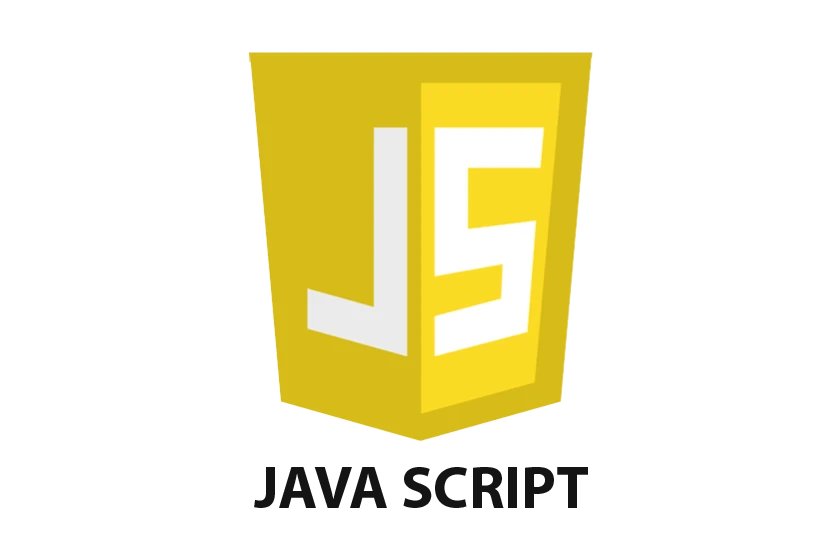
JavaScript has become one of the most widely used and highly regarded programming languages among developers. One of its key strengths is the ability to be used for both front-end and back-end development. On the front end, JavaScript powers dynamic user interfaces, enabling real-time interactions, and seamless updates. Popular front-end frameworks like React, Angular, and Vue.js have further enhanced its capabilities, making it easier to build responsive user experiences.
In addition to web development, JavaScript also plays a vital role in mobile app creation through frameworks such as React Native and Ionic. These tools allow developers to use JavaScript to build cross-platform mobile applications with native-like performance and appearance. This ability to create engaging, interactive mobile interfaces without switching languages adds significant value to JavaScript’s appeal. This all-in-one flexibility makes JavaScript a top choice for developers, particularly those specializing in front-end development.
PHP
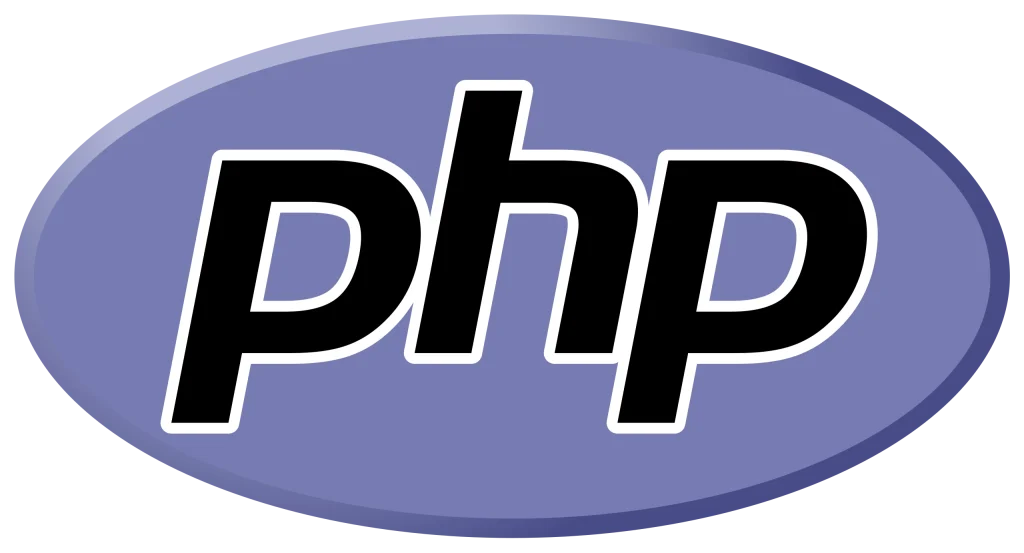
PHP is one of the most widely coding languages in the web development industry. Known for its ease of use, PHP has been a foundational tool for building dynamic websites and web applications for over two decades. It plays a critical role in server-side development, allowing developers to create interactive and data-driven web pages that respond to user input in real time. Its syntax is relatively simple, which makes it accessible to beginners.
What adds to PHP’s popularity is its strong compatibility with various databases. It is the backbone of many popular content management systems such as WordPress, Joomla, and more. Furthermore, PHP has a large and active open-source community that continually supports and updates the language with new tools. Its flexibility, cost-effectiveness, and extensive documentation make PHP a reliable and preferred choice for web developers working on a wide range of projects.
HTML/CSS
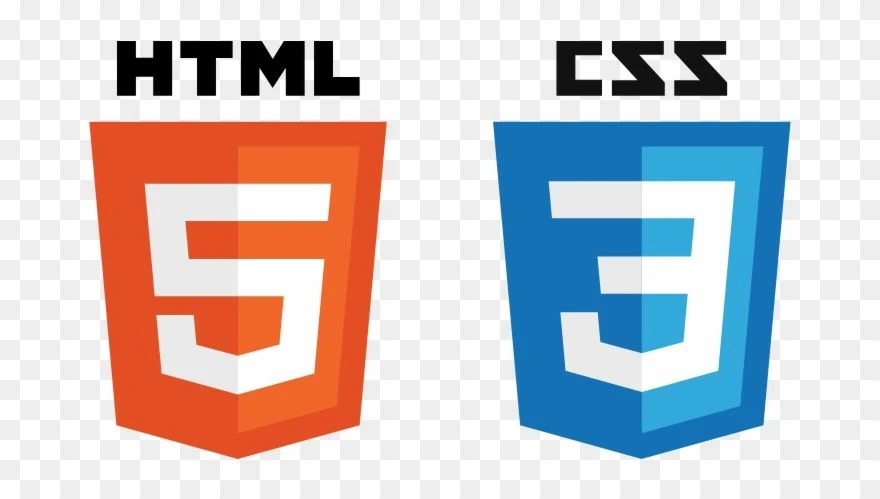
HTML is widely regarded as the foundational building block of web development. Unlike traditional programming languages that handle logic and data processing, HTML is a markup language used to structure content on the web. Every website, regardless of its complexity or function, relies on HTML to present content in an organized and accessible manner. Because of its straightforward syntax and visual impact, HTML serves as an excellent introduction to the world of web technologies.
For those starting a journey in web development, mastering HTML is considered a crucial first step. It lays the groundwork for understanding how websites function and interact with other technologies like CSS for styling and JavaScript for interactivity. Beginners are encouraged to become proficient in HTML before advancing to more complex languages and frameworks. Its simplicity, relevance, and foundational nature make HTML an indispensable part of any web developer’s skill set.
C#
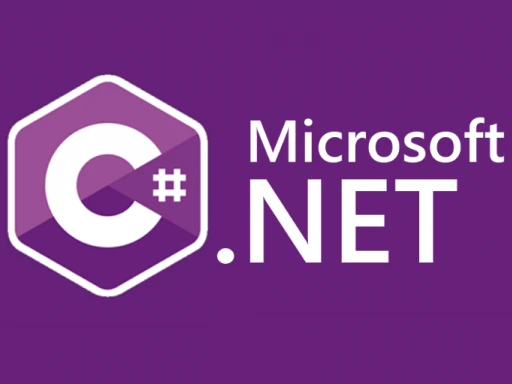
C# is widely recognized as a powerful and versatile programming language, particularly well-suited for developing robust web applications. Developed by Microsoft, C# operates within the .NET framework, providing developers with a comprehensive set of tools to build high-performance websites. Its strong typing, object-oriented structure, and support for modern programming practices make it a reliable choice for creating secure applications.
In web development, C# is commonly used alongside ASP.NET. This combination allows developers to build everything from simple websites to enterprise-level web portals. Additionally, C# provides strong support for asynchronous programming, which enhances application responsiveness and performance. Its clear syntax, and seamless compatibility with cloud platforms further contribute to its popularity among professional developers.
Frequently Asked Questions
| What are web programming languages? Web programming languages are tools used to create and manage websites and web applications. They enable developers to design structure, style, interactivity, and server-side functionality on the web. |
| How many types of web development languages are there? There are three main types of web development languages: front-end, back-end, and full-stack. Each type serves a specific role in building and managing different parts of a web application. |
| Why is JavaScript popular? JavaScript is popular because it enables dynamic and interactive features on websites. Its versatility and wide support across browsers and platforms make it essential in modern web development. |
Final Words
This brings us to the conclusion of the blog, where we explored various web programming languages commonly used by developers. Gaining a solid understanding of these languages is essential for anyone looking to grow in the field of web development. This knowledge not only broadens a developer’s skill set but also enables them to adapt to different development environments and build web applications tailored to specific needs.
If you’re in search of a reliable software outsourcing company with extensive experience in web development, feel free to reach out to us. Our team of skilled software engineers specializes in creating custom web applications using a wide range of programming languages. We are committed to delivering high-quality solutions that align with your business goals and technical requirements.

Empower your digital journey with StruqtIO - Your dedicated partner for cutting-edge custom software development, innovation, and digital transformative solutions. Harness the power of technology to elevate your business and redefine your digital landscape today.
